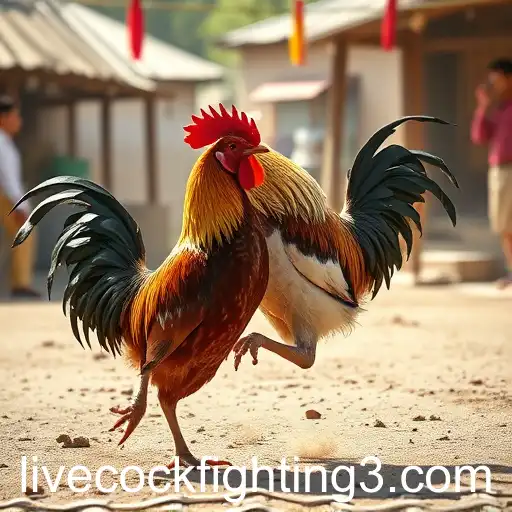
An exploration of the debated practice of live cockfighting in the context of online gaming, examining ethical concerns and industry trends.
The blending of traditional and digital worlds has introduced fascinating, albeit controversial, phenomena into the online gaming landscape. One such phenomenon is the concept of 'live cockfighting' which serves as an intriguing case study of virtual entertainment clashing with animal rights concerns.
Historically, cockfighting has been an age-old tradition in various cultures, celebrated for its entertainment value despite its brutality. In recent years, however, this activity has made an unexpected resurgence in the digital domain—specifically within the realm of online gaming. Developers have reimagined cockfighting for a virtual audience, sparking debates about ethics and the portrayal of animal violence in a digital world.
The allure of virtual cockfighting lies in its ability to provide historical and cultural insight while circumventing the animal welfare issues associated with the physical sport. Yet, this does not shield it from scrutiny. Critics argue that even virtual representations may perpetuate desensitization to violence and exploit cultural traditions for profit. Meanwhile, advocates for digital versions claim that these recreations can celebrate heritage without harming real animals.
Nevertheless, the issue strikes a chord within the broader online gaming community and among animal rights activists, demonstrating the ethical complexities technology presents. As games continue to evolve into sophisticated simulations of real-life activities, the lines between cultural preservation and exploitation can blur. Developers, gamers, and activists are increasingly calling for the establishment of ethical guidelines to navigate this complex dynamic.
The rising interest in live cockfighting within gaming underscores the potential for cultural engagement offered by technology, but it also highlights the importance of sustaining a conversation about ethical consumption and representation in digital spaces. As we move further into 2025, the discourse around such issues intensifies, compelling the gaming industry to confront the implications of merging tradition with technology.




